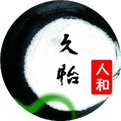Warm Reminder:If there is any infringement in the content, please inform us, and we will handle or remove it promptly;The internet is a resource-sharing ecosystem, and we advocate sharing.If there is infringement, please contact us for deletion, thank you!
Traditional Chinese Medicine (TCM) believes that those who understand the importance of nourishment not only excel in tonifying the liver and kidneys but also place great emphasis on 补血 (bǔ xuè) (blood nourishment). This is especially true for women, who often experience excessive blood loss for various reasons. Therefore, “blood nourishment” can be said to be a lifelong pursuit, as only when the blood is abundant can one have a rosy complexion, radiant skin, and appear younger and more beautiful. When blood is insufficient, it is akin to having too little oil in a car; all parts will lose their normal function.
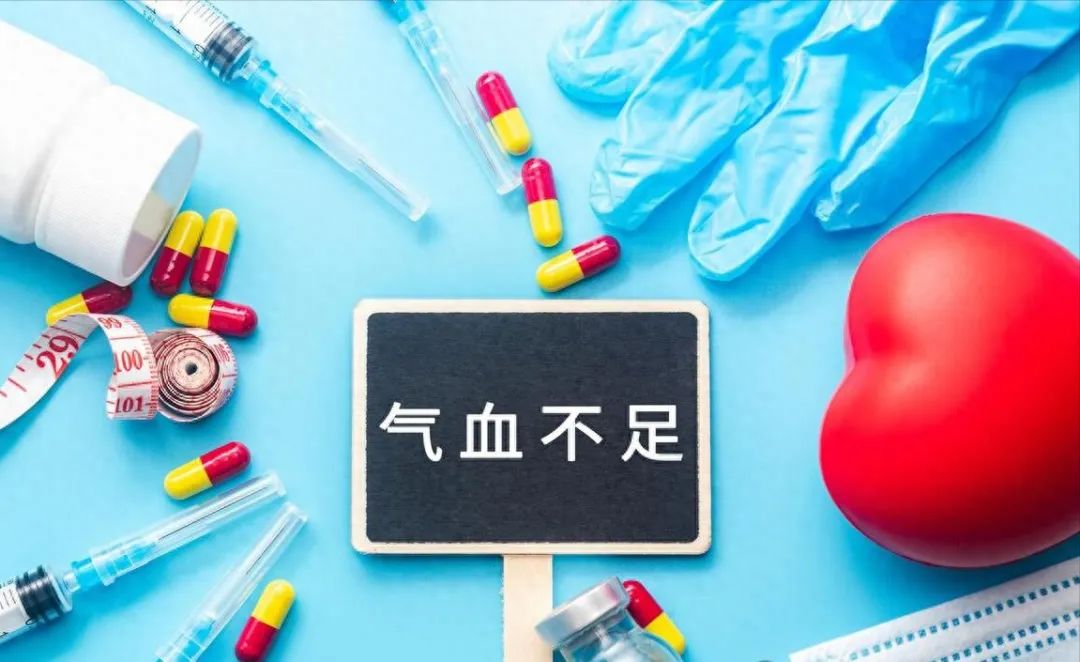
For instance, when blood is insufficient and cannot nourish the head and face, symptoms such as dizziness, pale complexion, pale eyelids, and pale nails may occur. The skin condition worsens, becoming dry and rough, and is prone to flaking and itching. Additionally, those with blood deficiency may experience insomnia, forgetfulness, fatigue, and in summer, their hands and feet may feel warm, but in winter, they become immediately cold, making them more sensitive to wind and cold. The tongue is pale with a white coating. For women, insufficient blood can directly affect menstruation, leading to reduced menstrual flow and delayed periods.

Moreover, when blood is insufficient, it cannot nourish and moisten our body, leading to discomfort wherever blood is lacking. So, what should be done? Next, I will share a very effective recipe for blood nourishment called 滋血汤 (zī xuè tāng) (Nourishing Blood Decoction). It mainly consists of 人参 (rén shēn) (Ginseng), 茯苓 (fú líng) (Poria), 熟地 (shú dì) (Rehmannia), 川芎 (chuān xiōng) (Chuanxiong), 当归 (dāng guī) (Angelica), 芍药 (sháo yào) (Peony), 山药 (shān yào) (Chinese Yam), and 黄芪 (huáng qí) (Astragalus).
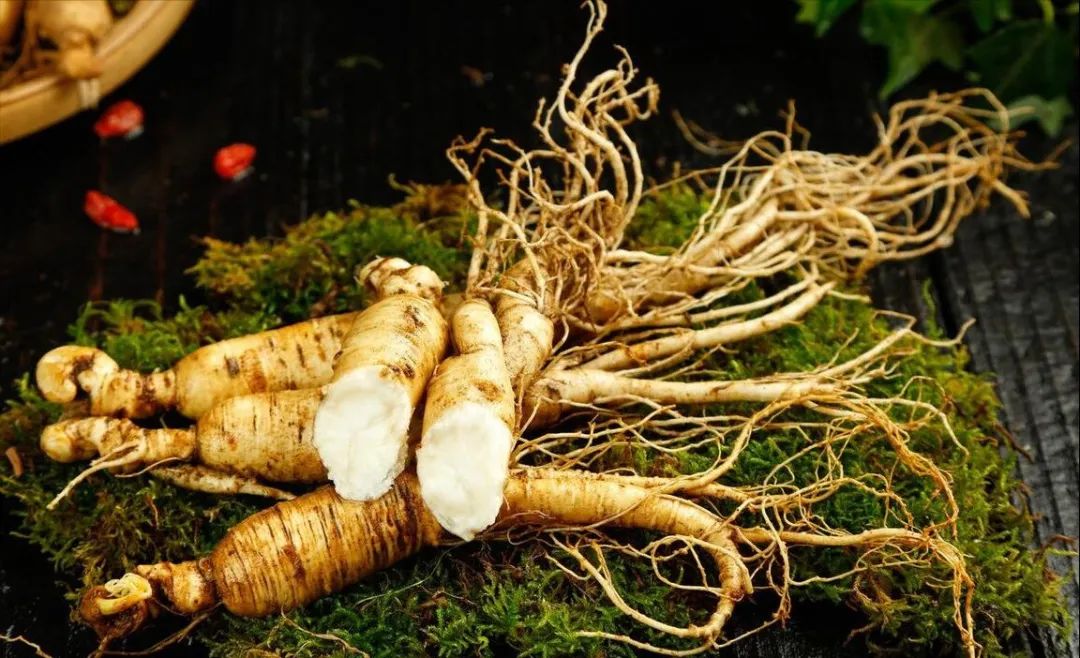
Among these, 熟地 (shú dì) nourishes kidney yin and replenishes essence; 白芍 (bái sháo) can tonify liver blood and nourish liver yin. TCM teaches that the liver and kidneys are interconnected, and when these two herbs are combined, they can replenish the innate essence. With a solid foundation, it is like having grain in a warehouse, making everything easier. Next, 当归 (dāng guī) is indispensable; it is used in nine out of ten blood-nourishing formulas and is a master at replenishing qi and blood.
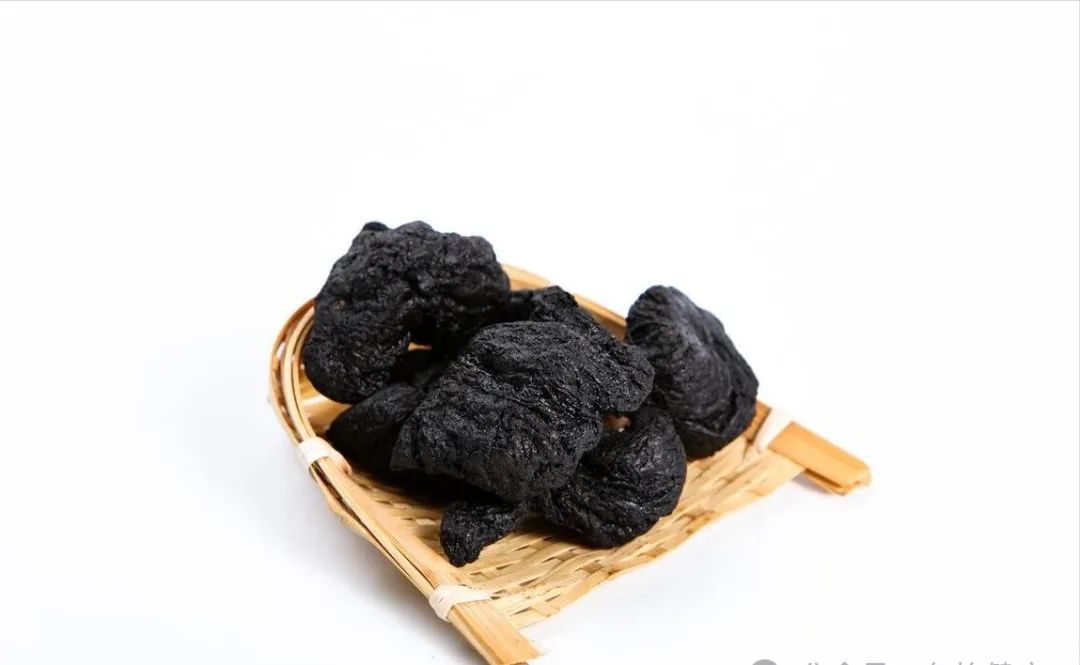
Moreover, 当归 (dāng guī) not only nourishes but also promotes circulation, addressing blood deficiency while resolving blood stasis, allowing blood to flow smoothly and nourishing all parts of the body, thus alleviating pain and normalizing menstruation.
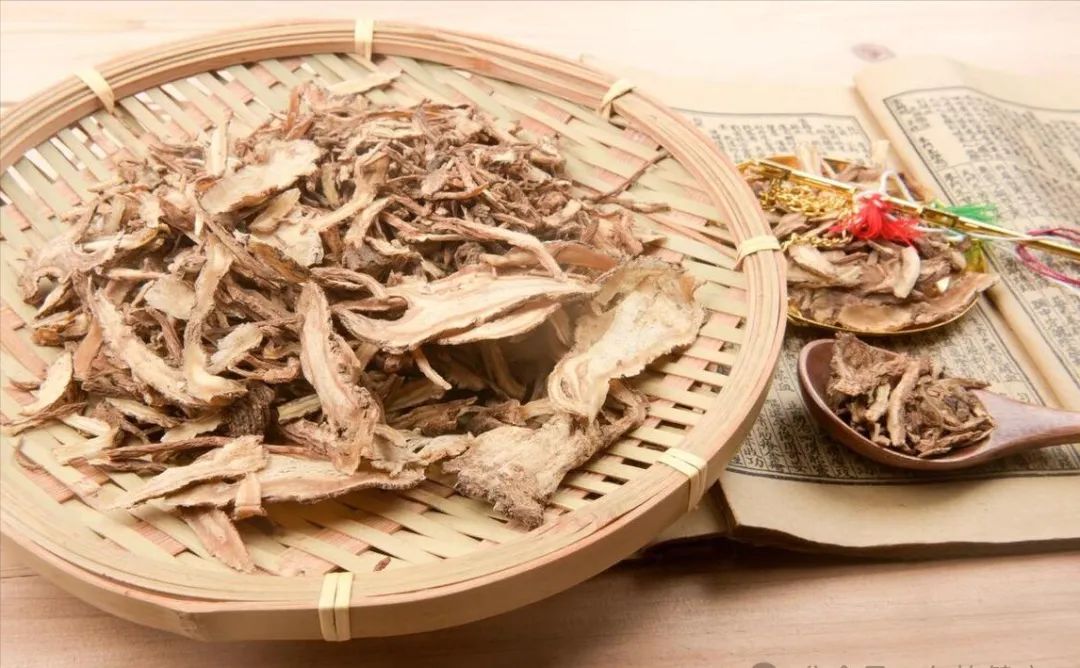
In summary, these three herbs together can replenish the blood in the body. However, focusing solely on blood nourishment is not enough; it is also necessary to tonify qi, which requires the addition of 黄芪 (huáng qí), 人参 (rén shēn), and 川芎 (chuān xiōng), as only when qi is sufficient can it properly govern the blood, directing it to where it needs to go and ensuring smooth circulation. Additionally, 茯苓 (fú líng) strengthens the spleen and eliminates dampness, as the spleen and stomach are the “processing factory” for producing qi and blood. When the spleen qi is strong, qi and blood can be continuously generated.
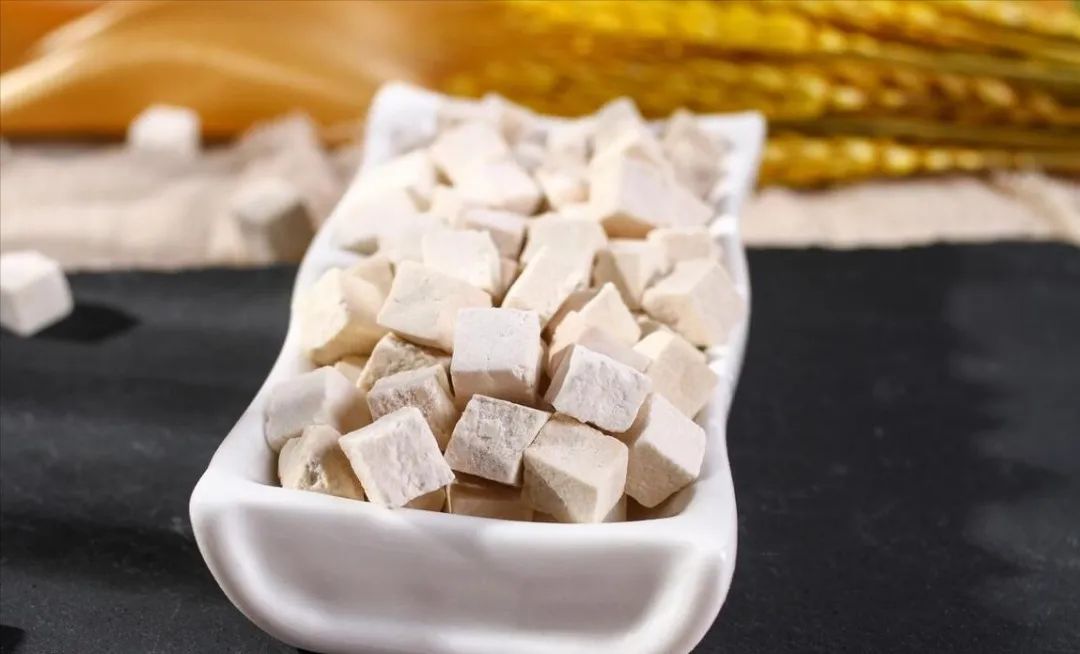
Finally, there is also 山药 (shān yào), which can tonify qi, strengthen the spleen, and also nourish the kidneys and secure essence. This ensures that the combined effects of the herbs are effectively utilized by the body. Thus, with sufficient qi and blood, all parts of the body can be nourished, leading to good health.
A Reminder: Due to individual differences in health conditions, the recipe provided in this article should be adjusted according to specific symptoms, and it is recommended to seek guidance from a professional doctor.⊙The content of this article is for clinical reference only; non-professionals in TCM should not attempt to self-medicate.

The editor serves as a health assistant every day, constantly reminding everyone! Good health is the foundation of revolution! I hope everyone can support the editor by sharing, forwarding, and liking, which helps both the editor and everyone else! Bringing more health to those around you! Thank you!
[Disclaimer] The content and images are sourced from the internet; if there is any infringement, please contact us for deletion, thank you!

